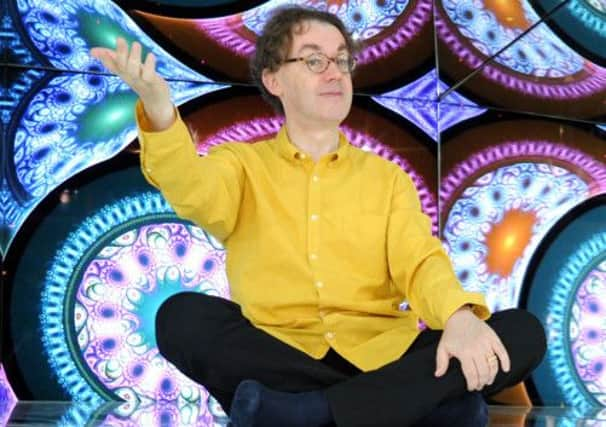Mills rubbishes idea of ‘ban’ on political topics


Reaction to comments attributed to me in this newspaper last Sunday has shown just how emotional this debate can become.
While I am delighted that people care so passionately about the Edinburgh International Festival, there are some substantial inaccuracies in both language and intention creeping into this discourse that demand to be addressed.
Advertisement
Hide AdAdvertisement
Hide AdOne word in particular has prompted most of the controversy; “banned”. It is not a word, nor an attitude anyone who works for the Festival ever uses or embraces.
The Edinburgh International Festival is a curated event. In any year, the programme evolves from a large number of rather intense discussions with a very wide range of individual artists and ensembles. It is a collaborative process whose context is international. Artists are chosen for the diversity of their cultural perspectives.
The Festival invites artists to contribute through their skill and their perceptions. It is the potency of imagination and distinctiveness of perspective that inspires us. The Festival does not seek to censor what these artists choose to say or do. Furthermore the Festival considers that one of its primary responsibilities is to offer a “neutral” podium for artists to make their own diverse and often political voices heard. It is through a plurality of divergent ideas rather than a singular perspective that the Edinburgh International Festival seeks to express itself.
The Festival does not shy away from presenting politically challenging or controversial work. Indeed the Festival has a proud history of presenting a number of highly political artists and companies. We never seek to ban or suppress such voices or views.
Thinking about the Edinburgh International Festival in 2014, I am well aware of the environment in which our artists will perform. I am equally mindful of the need for the Festival to be authentic and not a vehicle for any particular brand of politics. I feel strongly that the Edinburgh International Festival in 2014 should offer other perspectives, which can simultaneously be international, historical and contemporary.
I am always reluctant to describe a festival programme in any detail and in advance of its launch, partly because so much can change. So recent references to a likely focus on the First World War and the Commonwealth should not be interpreted as complete, or as some kind of patriotic hagiography. Rather as challenges, both domestic and international, to the often, troubled ways in which nations have emerged over the past century; as an acknowledgement of the tremendous personal and collective sacrifices in times of conflict; and how any act of sacrifice can exert immense influence on issues of national identity, and the circumstances through which we forge our culture(s).
Central to any discussion, interpretation, or response to these themes are the very ideas of nationalism and nationhood, political allegiances and treaties. It is my belief that such themes, from an international, historical perspective, are entirely relevant to the debates surrounding the question of Scottish independence; such a perspective is an appropriate approach for an international festival. As Scotland contemplates a destiny for itself, I believe such ideas are both powerful and highly relevant.
Calls for the Festival to engage in an explicit or overt debate about independence are, I believe a misunderstanding of the role of the Festival. The Edinburgh International Festival is not a political apparatus. It does not propose a particular manifesto or seek a specific mandate. The autonomy and impartiality of the Festival is essential; that includes the ability to determine its own agenda, and choices. It is my job to make those choices and there will always be those who disagree with them or dislike particular performances. That is how it should be. The political independence of the festival is crucial to maintaining its international standing.
The full programme of the 2014 Edinburgh International Festival will be announced in March. I look forward to a lively engagement once its content is revealed.